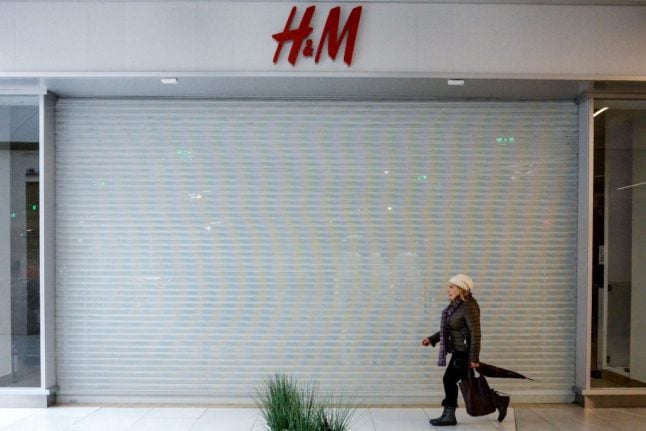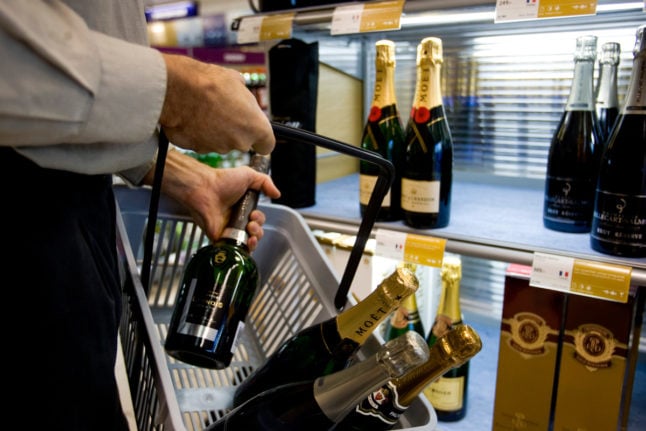The company cited “current operational challenges and an unpredictable future” as the basis for the decision.
“After careful consideration, we see it as impossible given the current situation to continue our business in Russia,” H&M Group CEO Helena Helmersson said in a statement.
“We are deeply saddened about the impact this will have on our colleagues and very grateful for all their hard work and dedication,” she added.
H&M, which has about 6,000 employees in Russia and has operated in the country since 2009, said it would reopen stores in Russia “for a limited period of time to sell remaining inventory” as part of the exit process.
It said the entire wind-down was expected to cost the group around 2.0 billion Swedish kronor ($192 million), of which around 1.0 billion would have
a cash flow impact.
“The full amount will be included as one-time costs in the results for the third quarter 2022,” the company said.
Despite stopping sales in Russia, Ukraine and Belarus, H&M’s sales surged 17 percent to 54.5 billion between March and May compared to the same period a year earlier, while net profit soared by 33 percent to 3.7 billion.
The Russian invasion of Ukraine triggered unprecedented sanctions and an exodus of foreign corporations, including Starbucks and McDonalds, and several large Nordic companies.
In June, furniture giant Ikea said it would “scale down” its activities in Russia and Belarus. They had been suspended since early March.
Swedish network equipment maker Ericsson announced in April it would suspend all Russian operations “indefinitely”, while truck maker Volvo has
stopped sales and halted production at its Kaluga plant.
Denmark’s Lego, the world’s largest toymaker, announced earlier in July that it would “indefinitely cease commercial operations” in Russia, ending its
partnership with the retail group that operated 81 stores on the brand’s behalf.
In early May, Russia placed Lego products on a list of goods that could be imported without the agreement of the intellectual property owner, in order to
bypass restrictions imposed over the conflict in Ukraine.
Among the list published by the industry and commerce ministry were Apple and Samsung smartphones, major car brands, game consoles and spare parts used in various industries.



 Please whitelist us to continue reading.
Please whitelist us to continue reading.
Member comments